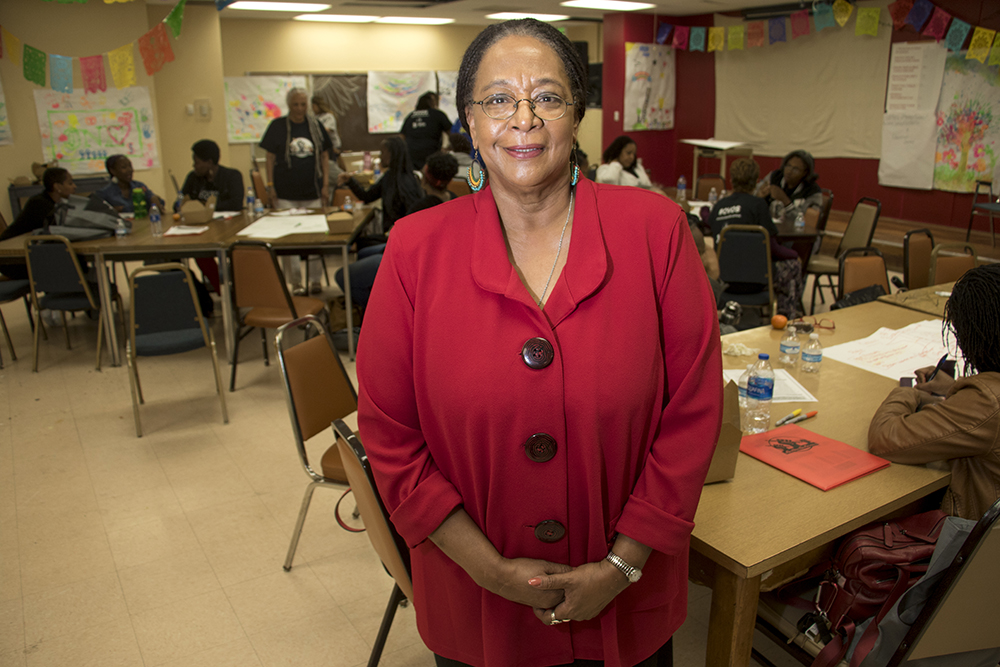Dr. Sharon Bailey, who died suddenly last week, was a woman of great integrity who was unafraid to stake out unpopular positions if she knew in her heart that they were in the best interest of Denver Public Schools’ children.
Dr. Bailey was a highly influential figure in Denver education circles from the mid-1980s until her death. Her most recent contribution was what became known as The Bailey Report, a 2016 qualitative research study detailing the difficult experiences of Black educators and students in DPS over the district’s long history.
My first indelible encounters with Dr. Bailey occurred back in 1995. I was new to the education beat at The Denver Post. Dr. Bailey had recently left the school board. In September of that year, a few weeks after I started covering DPS, U.S. District Court Judge Richard Matsch essentially ended the Keyes case, which had mandated busing for integration in Denver since the early 1970s.
This meant the school board suddenly had an enormous and weighty task at hand: Figuring out how to reconfigure the district and its school boundaries now that federal oversight no longer required busing for racial integration.
Over the course of several months in late 1995 and early 1996, the school board met in an endless series of work sessions, often dragging on until close to midnight. The essential tension board members grappled with was the desire for continued school integration versus the intense pressure from parents of all races to “give us back our neighborhood schools.”
Neighborhood schools in a segregated city mean segregated schools, of course, so the tension was irreconcilable. At least that’s how the board seemed to view it. At public comment sessions, dozens of people, Black, White, and Brown, showed up, demanding that the district place the concept of neighborhood schools above integration as a priority.
A few lonely voices stood out in opposition to the pressure campaign for neighborhood schools. Dr. Bailey was one of those voices. At meeting after meeting and work session after work session, Dr. Bailey sat in the audience, a silent presence of great moral authority.
She often brought with her Dr. Rachel Noel, Denver’s first Black school board member, and a key proponent of school integration from the earliest days of the Keyes case and even before. Noel elderly and frail by then, had a regal presence that commanded respect.
At every opportunity to address the board, Drs. Bailey and Noel would make impassioned pleas not to abandon 20 years of school integration efforts. Noel, forceful in a soft-spoken way, and Bailey, somewhat less soft-spoken, never wavered in their message: Integration benefits all children and should not give way to political pressure and self-interest.
Board members listened politely, but in the end ignored the pleas of Bailey and Noel, and returned DPS to a system of neighborhood schools. How well that has worked out is evident in reams of data showing continued wide achievement gaps and glaring inequities the district has struggled to address effectively. Even after that defeat, Dr. Bailey remained a prominent advocate for the racial and socio-economic integration of DPS.
I will never forget Dr. Bailey’s dogged persistence advocating for an issue she deeply believed in, and the moral force of not only her arguments, but her mere presence in those meetings.
Rest in peace, Dr. Sharon Bailey.




